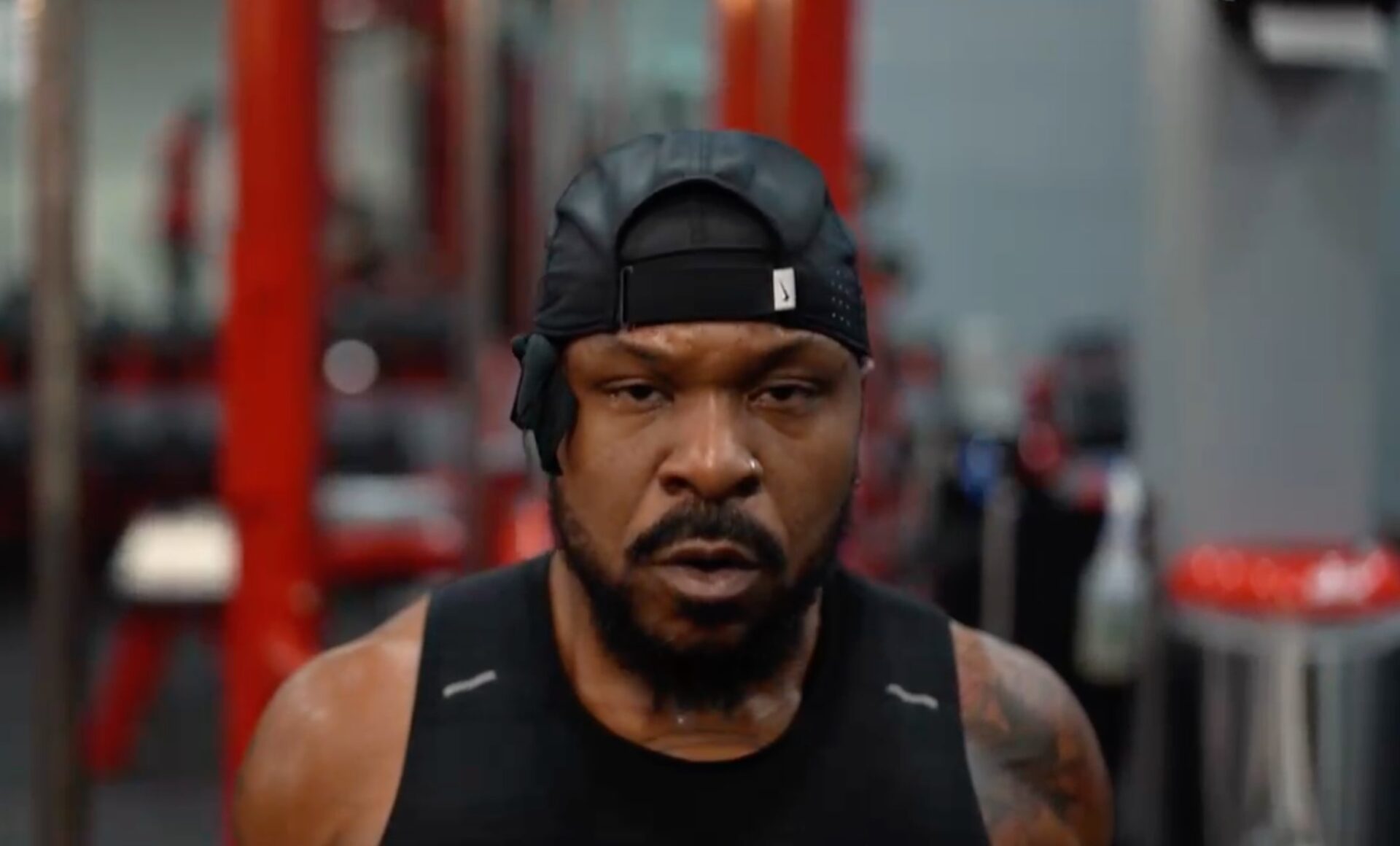Handwritten notes are one of the more intimate ways you can get a point across. It’s within the solitude of how the letters are written. In an age where everything is instantaneous and thoughts appear with a click of a button, there’s a certain type of love that is shown with written words upon a single sheet of paper. Maggie Rogers did this with an Instagram post of “Give A Little,” the first track of her debut album, Heard It In A Past Life.
In a world that seems to be busting at the seams with strife, the note and the song itself are both earmarks to a needed sense of empathy. Rogers immediately disarms you and meets you with love. The song highlights a congruent musical theme of progression. “Give A Little” builds with synths that hang themselves neatly over the layers of vocals that run alongside the main narrative of the song. Not only is there a confidence here (Rogers vocally shines throughout the entire album), but there is a feeling of risk that goes along with the arrangements that doesn’t fit the typical pop standard. It’s tailored to Rogers’ journey.
While Heard It In A Past Life starts off in a more current note, Rogers finds herself very much looking back to the past in order to propel into an exciting and sometimes scary future that her fame holds. Whether the totems be from love or the many undercurrents of fame, there was a lot of shedding and healing. “Overnight” is a mid-tempo groove that in her own words, is a meeting of her old self and new. There’s a struggle of holding on to things that are dear while navigating a “new” life where you are more recognized.
The bass driven “The Knife” is a funky ode to dancing your pain away. There’s an inclusion of “Alaska” and ” On + Off” from Rogers’ 2017 EP, Not That The Light Is Fading on the album. While the more folk nature of “Alaska” may stick out on “Past Life,” the theme of rebirth very much fits within the story of the album. It’s almost as if the inclusion of these songs were essential to showing how Rogers has grown to this point. The experiment with many types of percussion on “On + Off” was a precursor to how evolved the structure would become on Rogers’ debut.
“Past Life” comes in the middle of the album to slow everything down – almost like an intermission. Here, Rogers, just with her vocals and a piano, sings emotionally about change and the many sides that it entails. There are no layers. You can feel the words being pulled out of her and the heaviness they carry. This is especially true once you slow down to the fourth verse: Darkness. Leaving old things behind. With fame, there’s a flip side. It’s like a door that closes behind you. Within that room, there are things you have to leave behind.
Like the video depicts, “Light On” feels like a road trip. Two years go by in sequence to the lines of tires skating across city lines. The message and the arrangements are almost the DNA of the record. “You should be so happy now,” speaking to Rogers and the almost misguided bliss that people perceive being a recognizable figure to be. Then, with the guitars and synths in the chorus, there’s a hopefulness to it. “If you leave the light on/then I’ll leave the light on” speaks to the loving energies between artist and fan.
The closing track, “Back In My Body” is almost like the mission statement to that point. The aggression in the drums make it like you’re running away from something with Rogers. It’s the notion that with demands, your gifts can turn against you and taking that all back. Rogers chronicles having a panic attack in London and thinking of escaping in Parisin both verses.
“Falling Water” starts with a programmed beat that switches time signature towards the end of the song that keeps you on your toes. The song concludes with slower claps, faint piano, drums, and a chorus that adds atmosphere to Rogers’ main vocals. It almost feels like an adjacent cousin to the main part of the song.
“Retrograde” is a song about breaking free and has one of the catchiest choruses on the entire record. “Burning” embodies the love that Rogers is feeling. Do you remember when you felt a love so big that you couldn’t hold it inside you? That’s how the collision of Rogers’ vocals and percussion and guitar chords feel like.
One of the most impressive things about Past Life is that the album feels so natural and seamless. The playfulness and confidence doesn’t make it seem like a debut album – but a reintroduction. “Say It,” which was written with her friends, Tor Miller and Jack Hallenback, combines a dreamy synth pop feel with an R&B laden chorus about a potential crush.
Heard It In A Past Life is very much like the hand written notes that Rogers has shared with fans. It’s intimate. It’s vulnerable. It’s freeing and forthcoming. Maggie Rogers is able to look back at her NYU beginnings with a maturity and fondness that makes you enjoy the moment and want to see what is next. Like her handwriting, the songs fit within a confidence of young artist with the whole world in front of them that is ready to tell her story the way it’s meant to be told. Her way.













